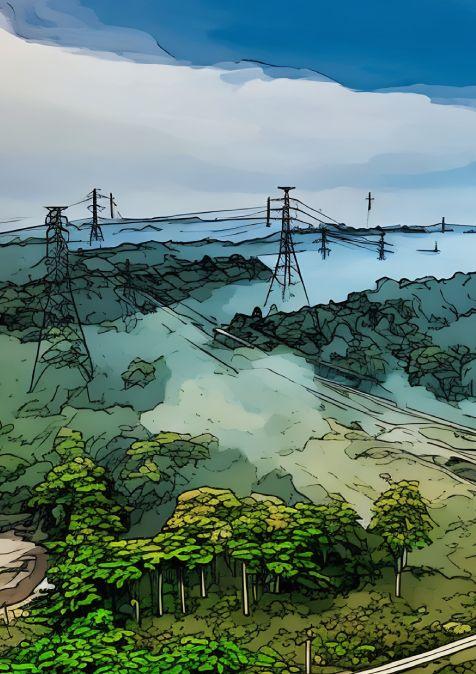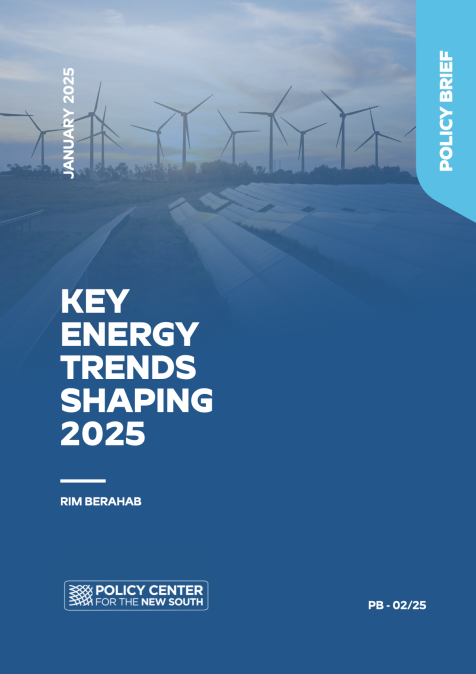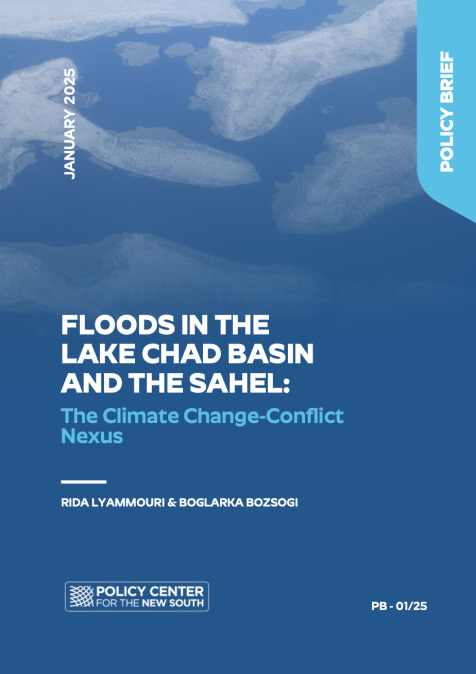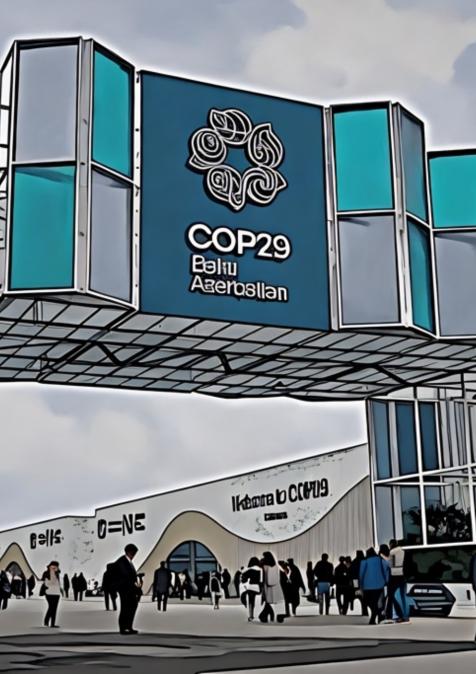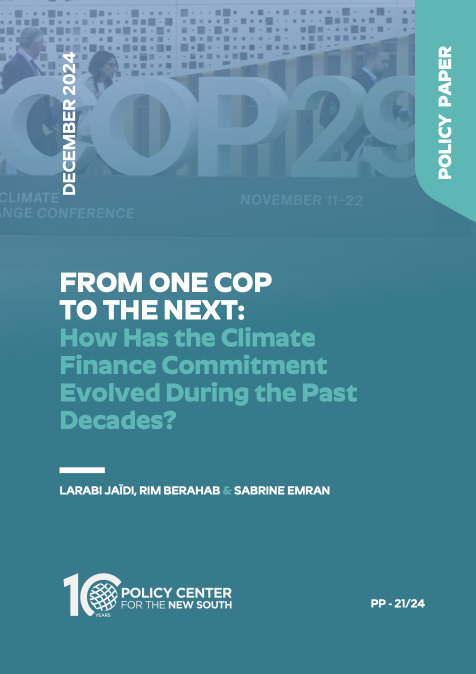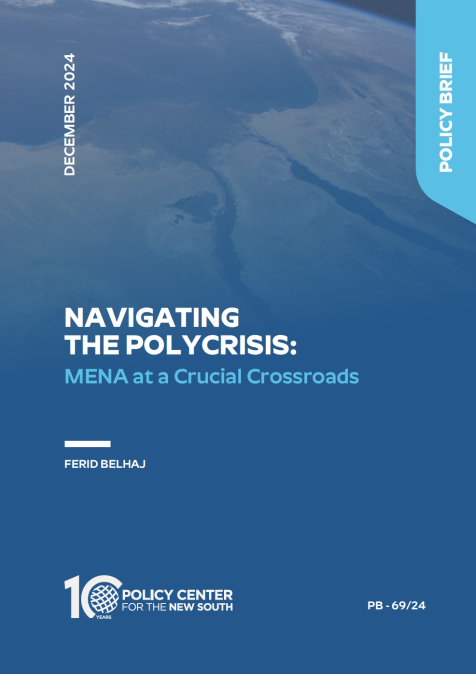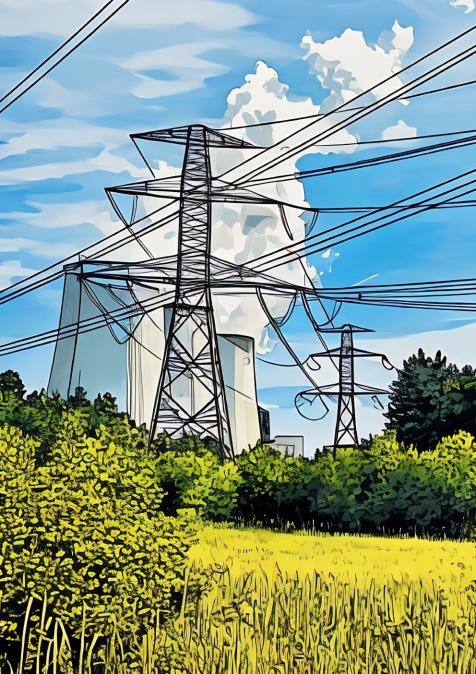February 20, 2025
In this episode, Dr. Megumi Muto shares insights on sustainability and its integration into global cooperation, highlighting several key principles such as inclusivity, building trust, and creating shared values. Drawing on Japan’s experience, Dr. Muto discusses the importance of climat...



